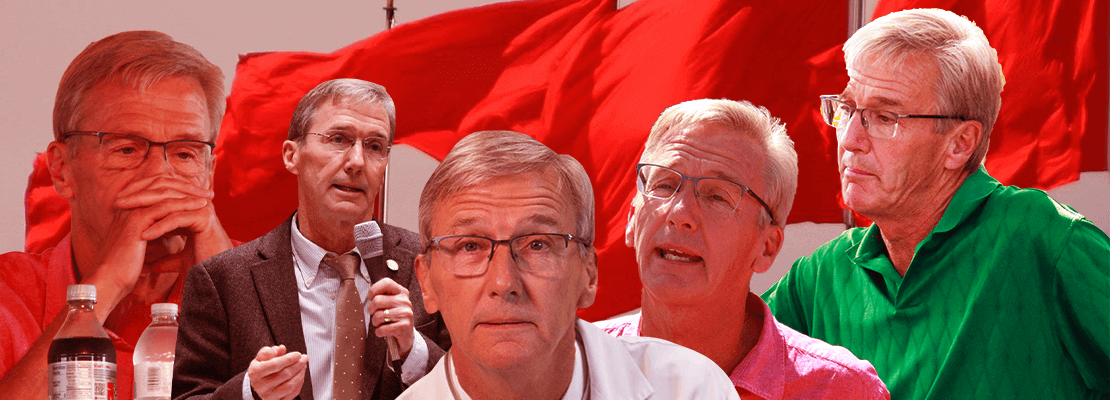Senate Climate Bill Sets Stricter Emissions Goals.
BY:
 The House and Senate climate bills have many similarities, but there are also some key differences. The Senate bill aims to reduce greenhouse gas emissions more rapidly than the House bill, which passed in June. While the House bill requires a 17% decrease in greenhouse gas emissions in 2020, the Senate goes further and is pushing for a more ambitious 20% decrease. It also plans for an 80 percent reduction by 2050. Environmentalists are praising the Senate bill because it sets a stricter emissions cap than the House bill, according to the New York Times.
The House and Senate climate bills have many similarities, but there are also some key differences. The Senate bill aims to reduce greenhouse gas emissions more rapidly than the House bill, which passed in June. While the House bill requires a 17% decrease in greenhouse gas emissions in 2020, the Senate goes further and is pushing for a more ambitious 20% decrease. It also plans for an 80 percent reduction by 2050. Environmentalists are praising the Senate bill because it sets a stricter emissions cap than the House bill, according to the New York Times.
“We are pleased that the Senate bill sets a strong short-term target for carbon pollution reductions and retains E.P.A.’s authority to regulate global warming emissions,” Carl Pope, executive director of the Sierra Club, said in a statement.
It is important that the climate change legislation pass quickly, something MIT researchers, including study co-author Ronald Prinn, are well aware of. They have found that outcomes involving no global warming policies are looking much worse than before. They came up with a really cool and interactive way to illustrate the various outcomes of the MIT Integrated Global Systems Model, which is a computer simulation of global economic activity and climate processes—through roulette wheels.
To illustrate the range of probabilities revealed by the 400 simulations, Prinn and the team produced a "roulette wheel" that reflects the latest relative odds of various levels of temperature rise. The wheel provides a very graphic representation of just how serious the potential climate impacts are.
"There’s no way the world can or should take these risks," Prinn says. And the odds indicated by this modeling may actually understate the problem, because the model does not fully incorporate other positive feedbacks that can occur, for example, if increased temperatures caused a large-scale melting of permafrost in arctic regions and subsequent release of large quantities of methane, a very potent greenhouse gas. Including that feedback "is just going to make it worse," Prinn says.
They came up with two routlette wheels–one that shows the range of probabilities of potential global climate change if no legislation is enacted. The other wheel assumes that aggressive climate change legislation is carried out. If you go to the MIT News website the differences between the two roulette wheels highlight how much of a difference we can make if we effectively and quickly begin to enact climate change legislation.
Photo Credit: MIT News
JOIN US.
contribute to the conversation


